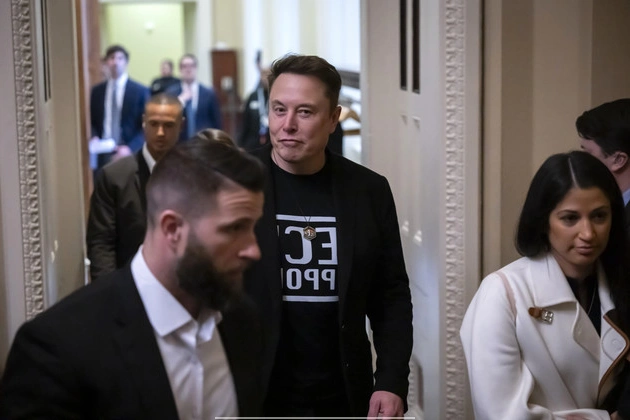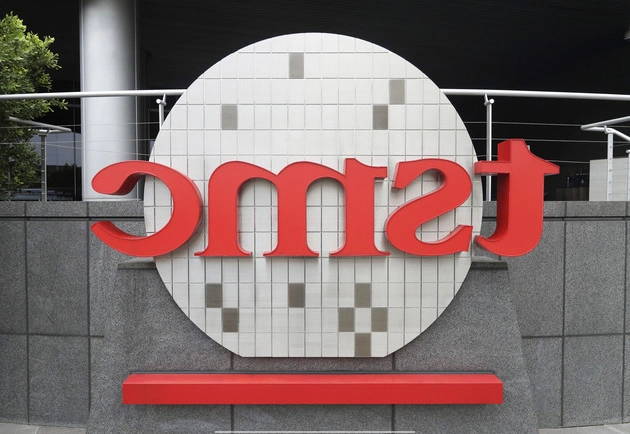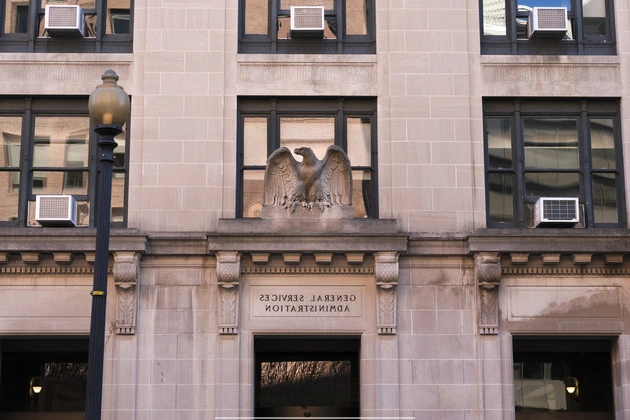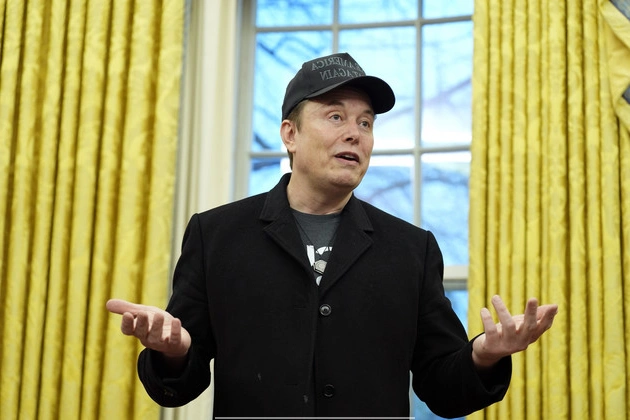
A federal appeals court upheld a mid-January deadline for TikTok to be sold or face a ban in the United States, rejecting the company’s plea to halt enforcement until the Supreme Court considers its challenge of the law.
Legal representatives for TikTok and its Chinese parent company, ByteDance, plan to seek relief from the Supreme Court.
While it remains uncertain whether the Supreme Court will hear the case, legal analysts anticipate the justices will address the unique issues surrounding social media, national security, and the First Amendment raised by TikTok. The company also looks to President-elect Donald Trump for potential intervention, as he pledged to support the short-video platform during his campaign.
TikTok and ByteDance sought an injunction after a three-judge panel on the U.S. Court of Appeals for the District of Columbia Circuit sided with the government and dismissed their legal challenge.
The court denied their request, deeming it ‘unwarranted.’
‘The petitioners have not provided any precedent where a court, after rejecting a constitutional challenge to a Congressional Act, has stayed the Act pending Supreme Court review,’ stated the court’s unsigned order.
The law, signed by President Joe Biden, mandates ByteDance to sell TikTok to an approved buyer over national security concerns or face a US ban.
The U.S. views TikTok as a national security threat due to fears that ByteDance could be pressured by Chinese authorities to disclose American user data or manipulate platform content for Beijing’s benefit. TikTok refutes these allegations, arguing that the government’s case relies on speculative future risks rather than concrete evidence.
In their recent filing, TikTok and ByteDance requested a ‘brief delay’ in law enforcement to allow the Supreme Court to review the case and the incoming Trump administration to establish its stance on the matter.
If the law stands, the popular app will cease operations by Jan. 19, just before Trump’s second term inauguration, impacting over 170 million American users, as stated by the companies.
The Justice Department opposed TikTok’s plea for a pause, contending in a court document that the parties had proposed a timeline specifically tailored for Supreme Court review before the law went into effect.
The appeals court’s ruling on Dec. 6 aligned with this schedule, according to the Justice Department’s submission.















